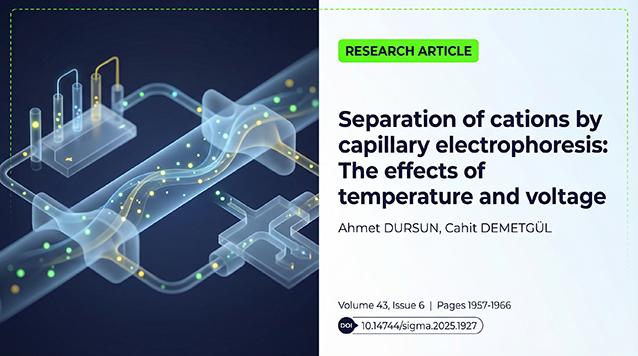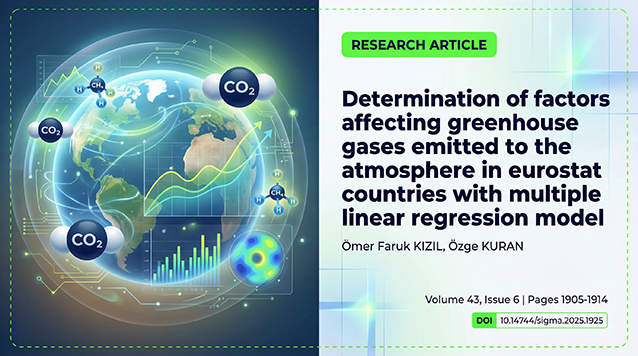2Branch office of the Republican State Enterprise «Infracos», Almaty 050046, Kazakhstan
3The Almaty University of Power Engineering and Telecommunications, Almaty, 050051, Kazakhstan
Abstract
Bacteria capable of decomposing hydrocarbon rocket power kerosene T-1 were isolated and studied. In the course of the studies, 30 isolates of microbial cultures were isolated from soils contaminated with hydrocarbon rocket fuel, of which 9 isolates were selected that actively assimilate kerosene T-1 as the only headwater of carbon. The strains that showed the best results in these screening analyses on four nutrient media with a concentration of T-1 kerosene 1% (10 g/kg) grow well 9 isolates of culture microorganisms: № 4, 8, 14, 23, 5, 18, 20, 25 and yeast № 12/5. Isolates on a medium with a concentration of T-1 kerosene 2% (20 g/kg) and 5% (50 g/kg) showed good growth in bacterial cultures № 5, 18, 20, 25, and yeast № 12/5.
The selected microorganisms were identified by physiological and biochemical characteristics: № 5 – Arthrobacter sp., №18 – Acinetobacter calcoaceticum, №20 – Bacillus sp., №25- Micrococcus roseus, № 12/5- Candida sp. Cultivation conditions for isolated microorganisms were created. It has been established that the optimal development temperature for the culture of Arthrobacter sp. 5 is 25-30°C, Acinetobacter calcoaceticum. 18 is 30-35 °С , Micrococcus roseus. 25 is 25-37 °С. The opti-mal duration of cultivation of Candida sp. 12/5 is 1 day, for the rest of the studied cultures - 2 days.
















